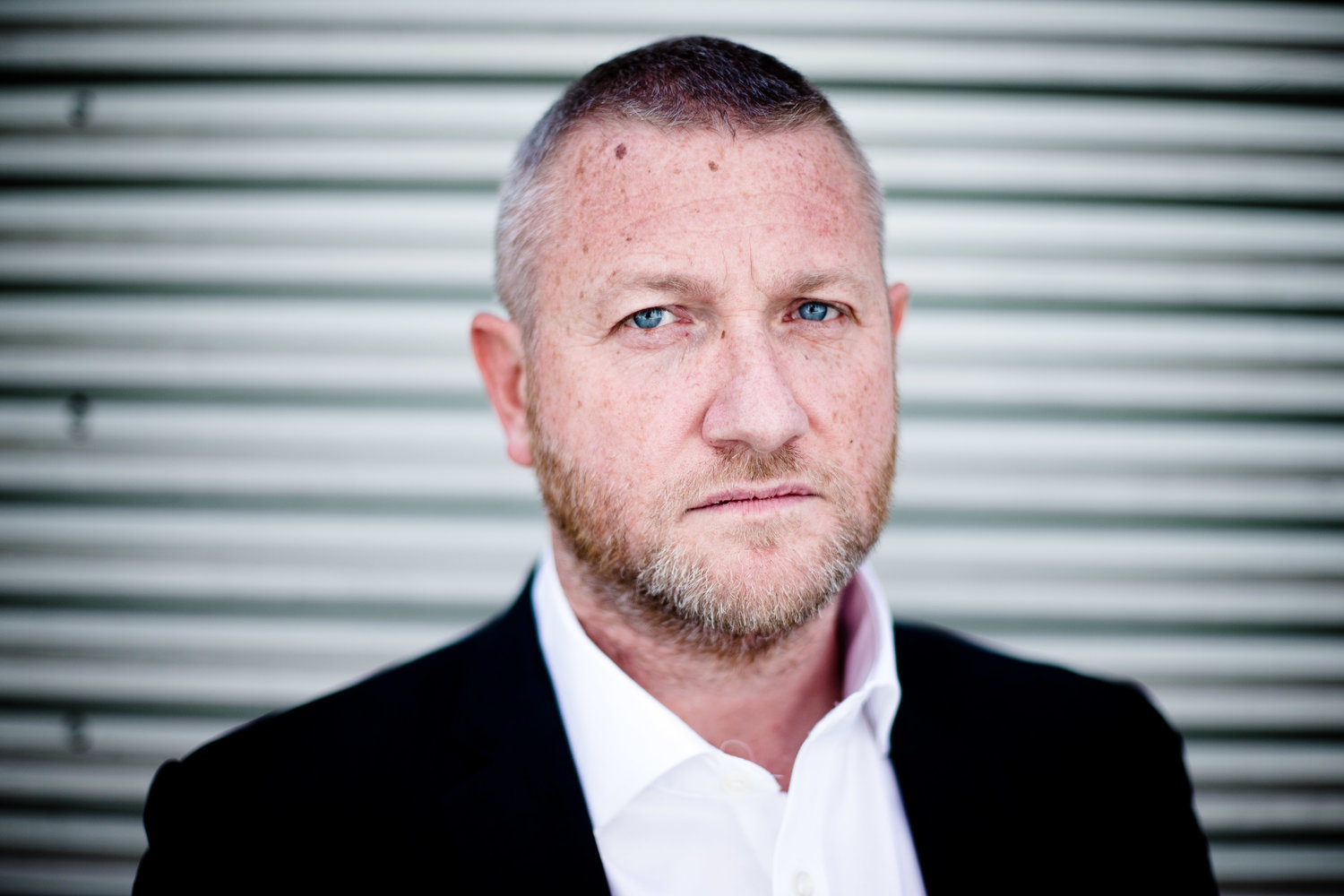Not all change is bad
It was a warm night in 1995. The windows of our marked Mini Metro ‘panda’ car were down as we cruised the busy inner city streets looking for trouble. I was sat in the passenger seat. I was still a ‘probby’ – my two years as a probationary Police Constable were not yet up and I was not eligible to drive.
It was about 8pm and home time was in sight; my shift was due to finish at 10pm.
“Anyone to deal with a Domestic?” said the crackly voice over the aging police radio.
I’d been in the police a year, I was keen to get involved in anything that I could, though this was the first time I’d heard anyone use the word ‘Domestic’ before – naively, I had no idea what it meant.
“Shall we do that?” I asked the driver of the car, Brian, eagerly.
Brian was in his early fifties, slightly overweight and looked about as smart as a sack of spuds that had been dragged across the warehouse floor.
Brian always had a fag hanging from his mouth and one behind his ear for when that one was no good anymore. He was an ‘old sweat’. I was posted with Brian a lot. My Supervising Sergeant’s words were, ‘He’s there to pull you back from jumping head first into things you don’t have a clue about’.
Brian’s reply was: “We can do it, but, it’s not really a crime – it’s probably just a couple arguing in their house and neighbours have rung the police. You’re not gonna’ get a body out of it sunshine…”
All said with a roll-up fag stuck to his bottom lip.
‘A body’ was an arrest; a prisoner – we were judged on the number of people we arrested.
“I’m really surprised they put it out on the radio really. Bloody domestics, we’re not social workers!” Brian continued.
“We’re not doing anything else though Brian, are we?” I said.
I wanted to experience exactly what a ‘Domestic’ was.
After a bit of wrangling, Brian eventually agreed that I could accept the call. We slowly made our way there. No blue lights or fast driving. It was just a ‘bloody domestic’ after all.
I walked up the gravel driveway of the large detached house to find a very distressed female standing outside the front door.
“He’s threatening to hit me, I didn’t know what else to do,” she blurted out, tears rolling down her cheeks and snot running from her nose. She was a smartly dressed, thirty-something woman.
“Has he actually hit you love?” Brian asked as he stepped in front of me and took the lead.
“Not yet, but he will, he always does, he’s always doing it…” she said between sobs.
Brian sighed loudly and went to his radio. “Can we have a WPC to this domestic call please. No crime has taken place, but there is a female who is very upset,” he said dismissively down the radio.
An hour later the woman had been talked out of reporting any crime at all and we had all shared a cup of tea with a man who had been threatening to hit her and had most probably done so in the past.
It was all wrong.
Yet, that was the way the Met did business in 1995. It was okay to beat your wife; that wasn’t considered a crime; even though it was. Women were called ‘love’ by police officers with fags hanging out of their mouths; we called upon WPCs (Women Police Constables) to calm them down and basically talk them out of reporting crimes. WPCs dealt with distressed females and children. Men did the real work. Women knew their place. That was the way things worked.
Culturally disgusting, abhorrent and outrageous.
I’m pleased to say that if you are now the victim of domestic abuse or violence at home – you should get a prompt and proper service from the police and they will treat you with courtesy and respect. The likes of Brian no longer exist; there is no such term as a WPC anymore; the police service is almost 50% female and no distinction is made between male and female officers.
There are many people who complain about the way the police is changing. It’s always been changing; it evolves.
But…not all change is bad.



